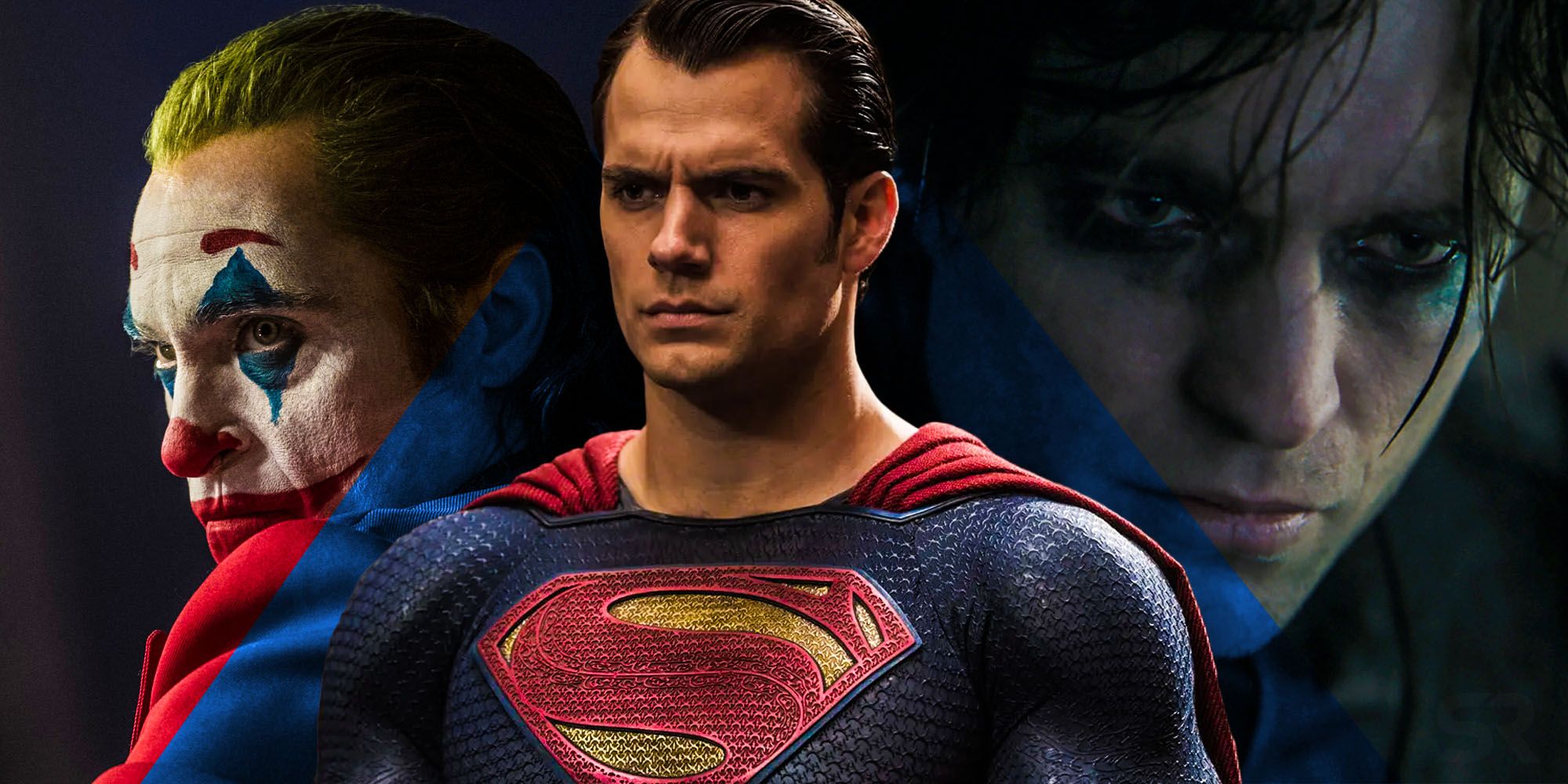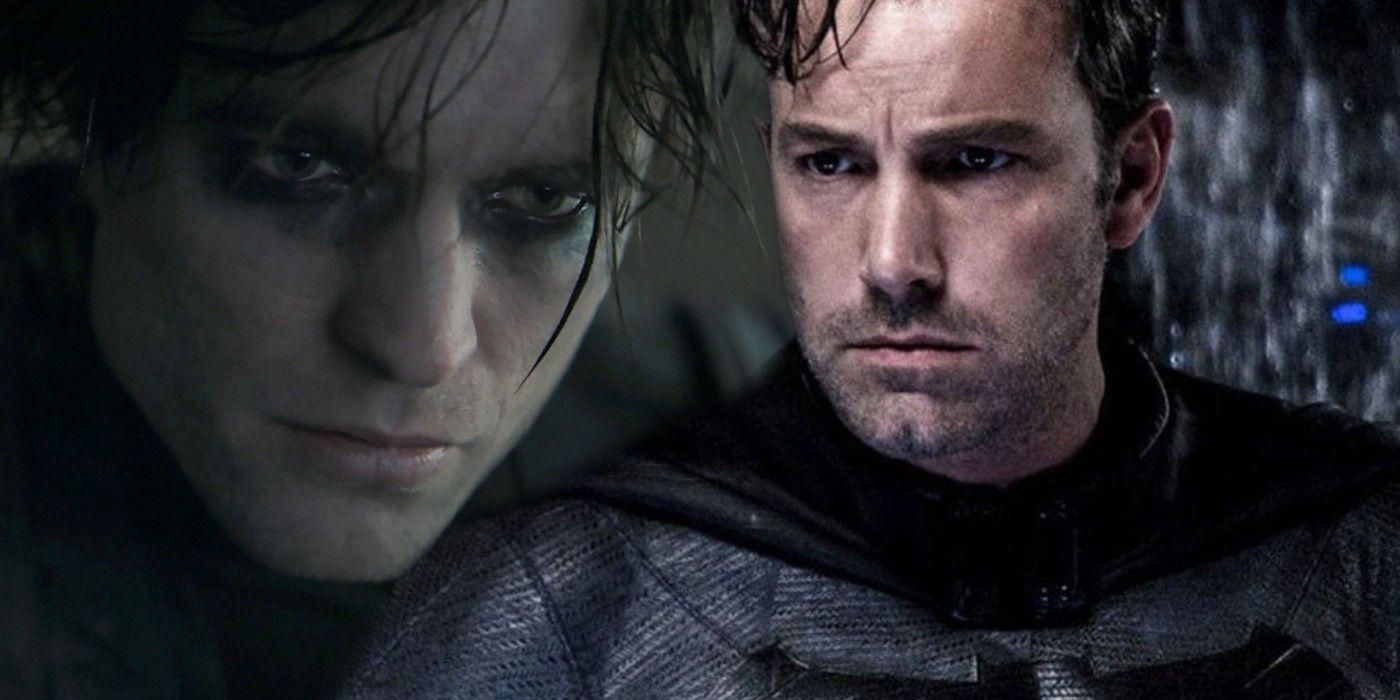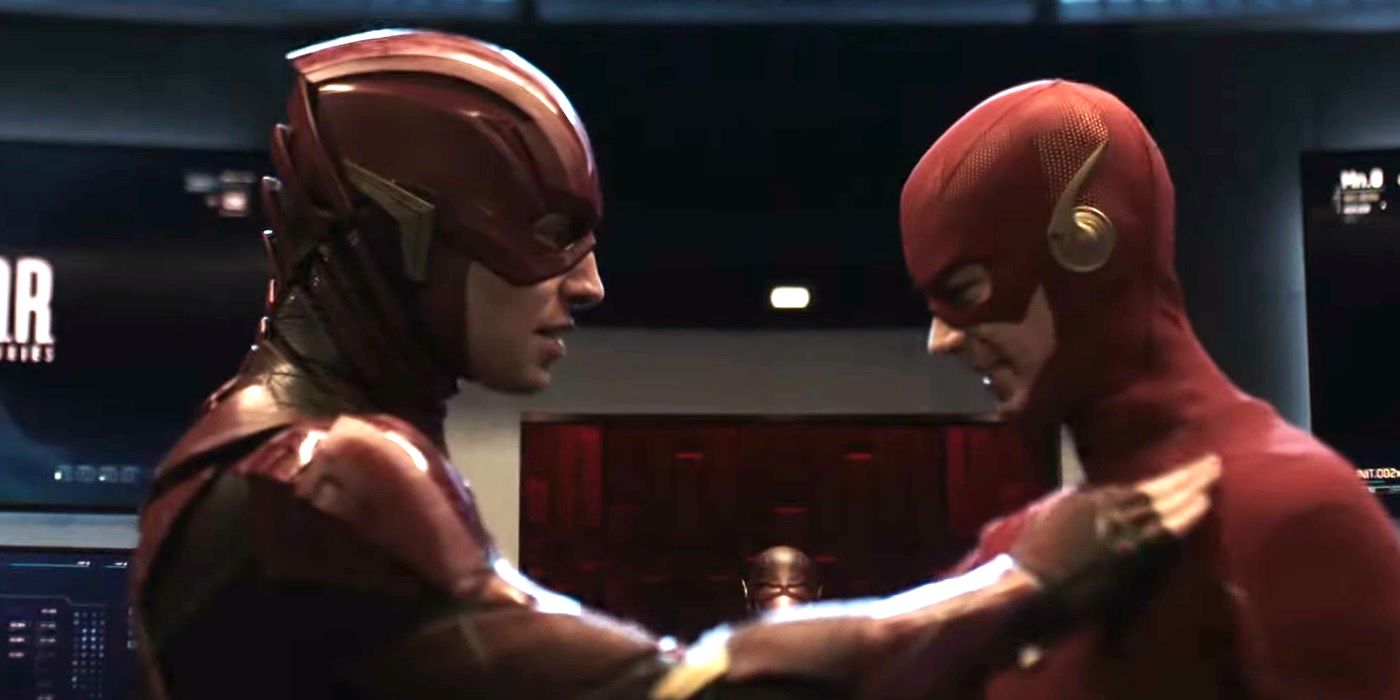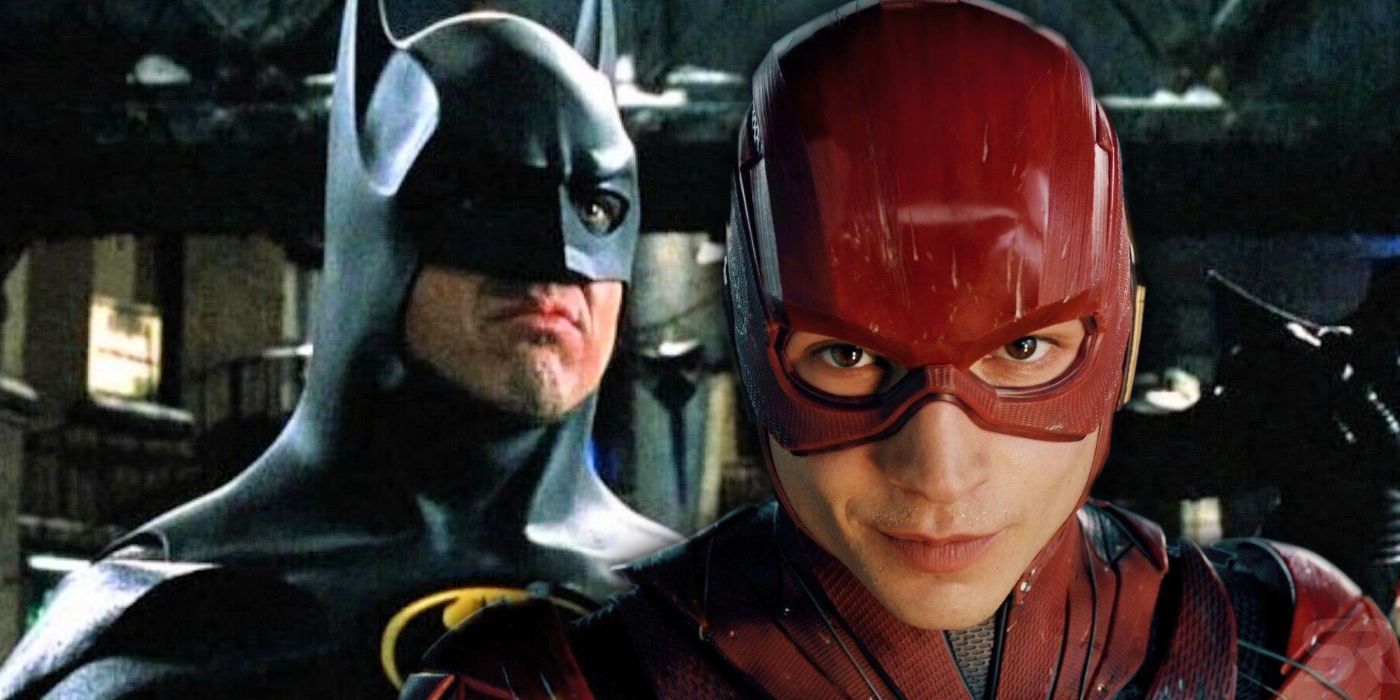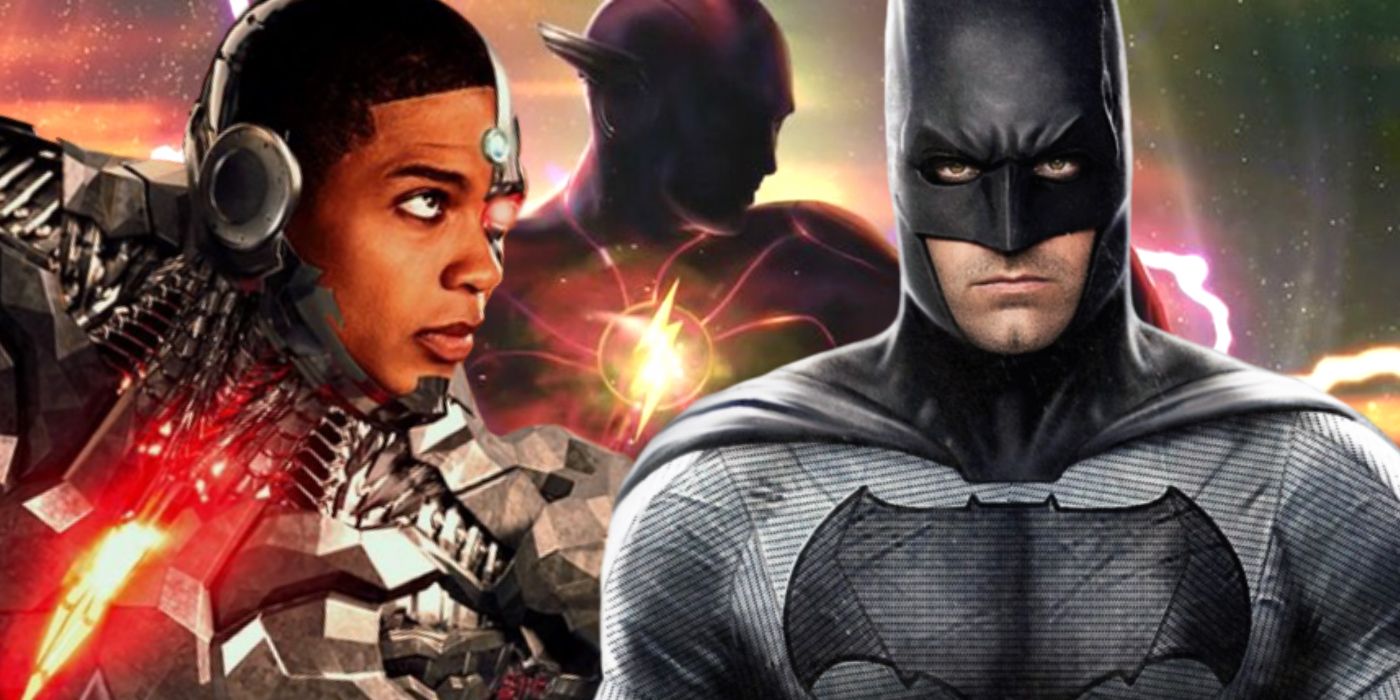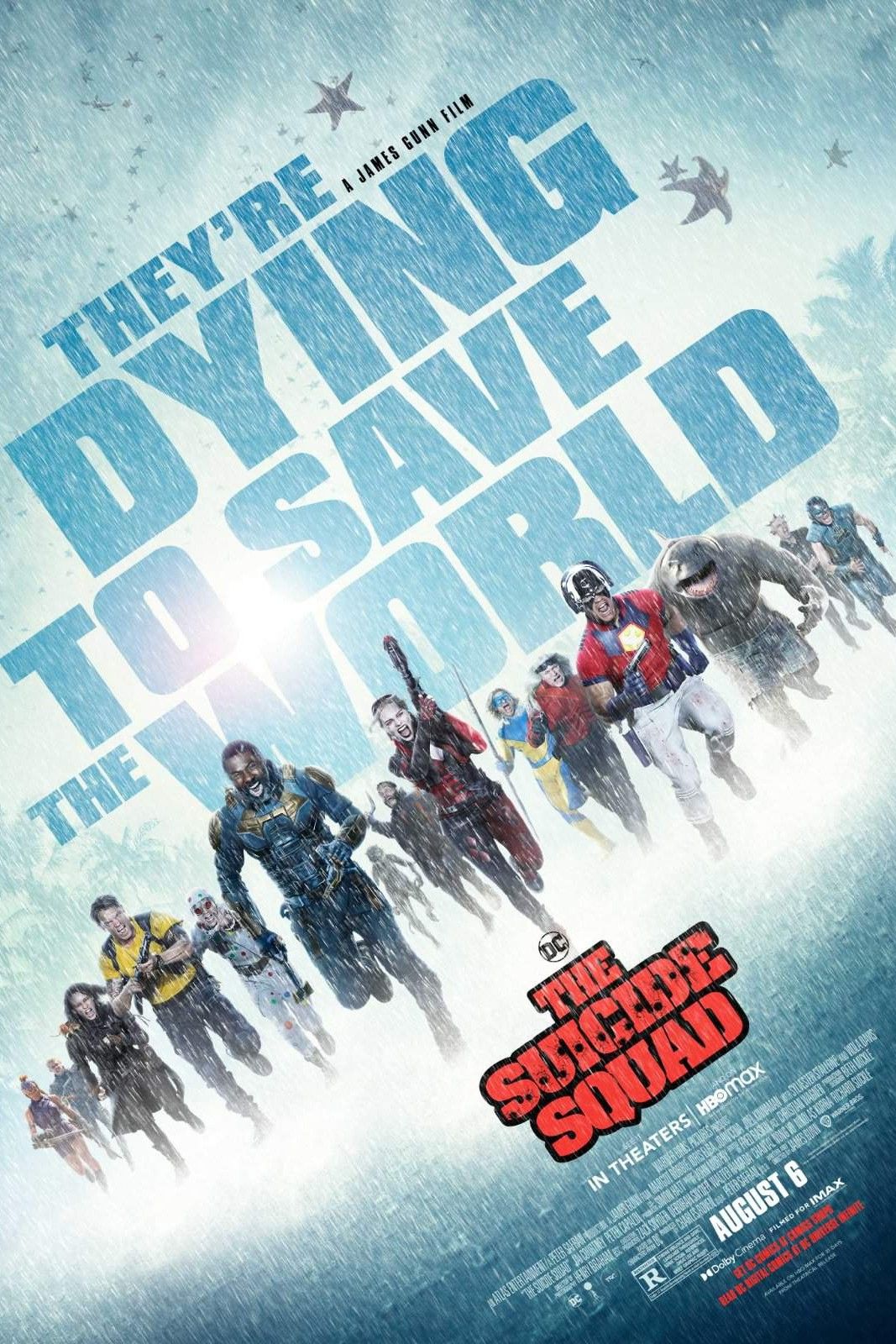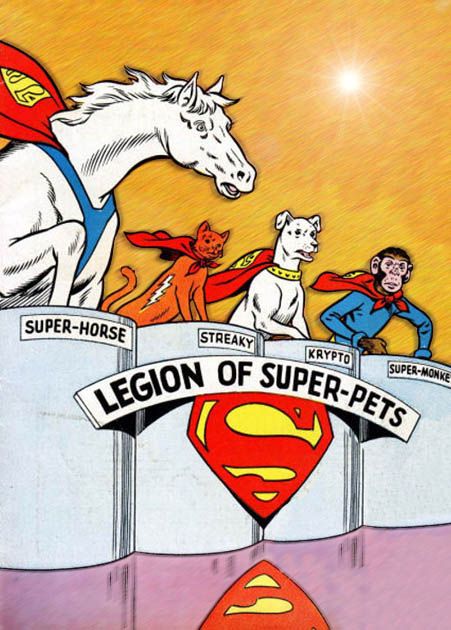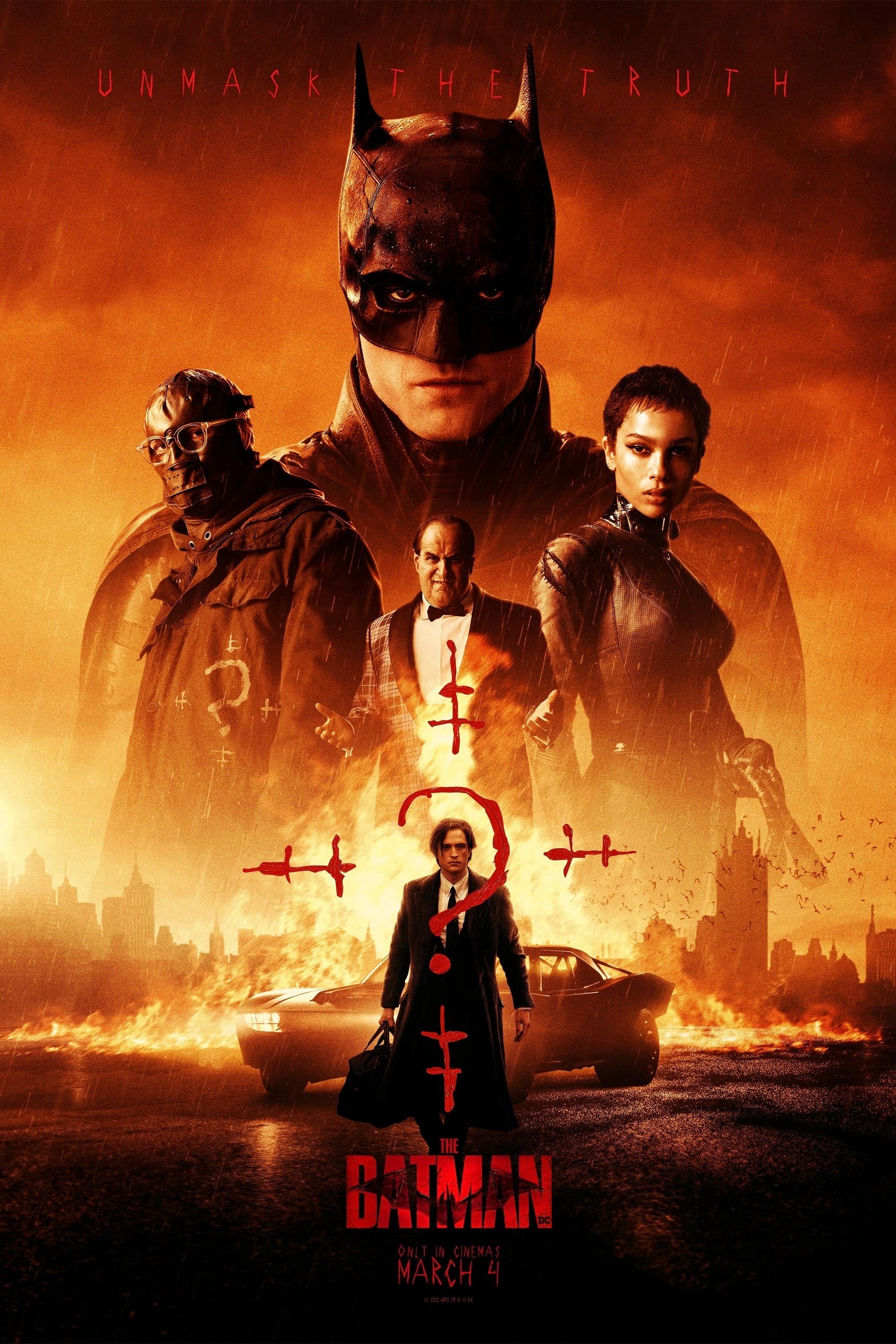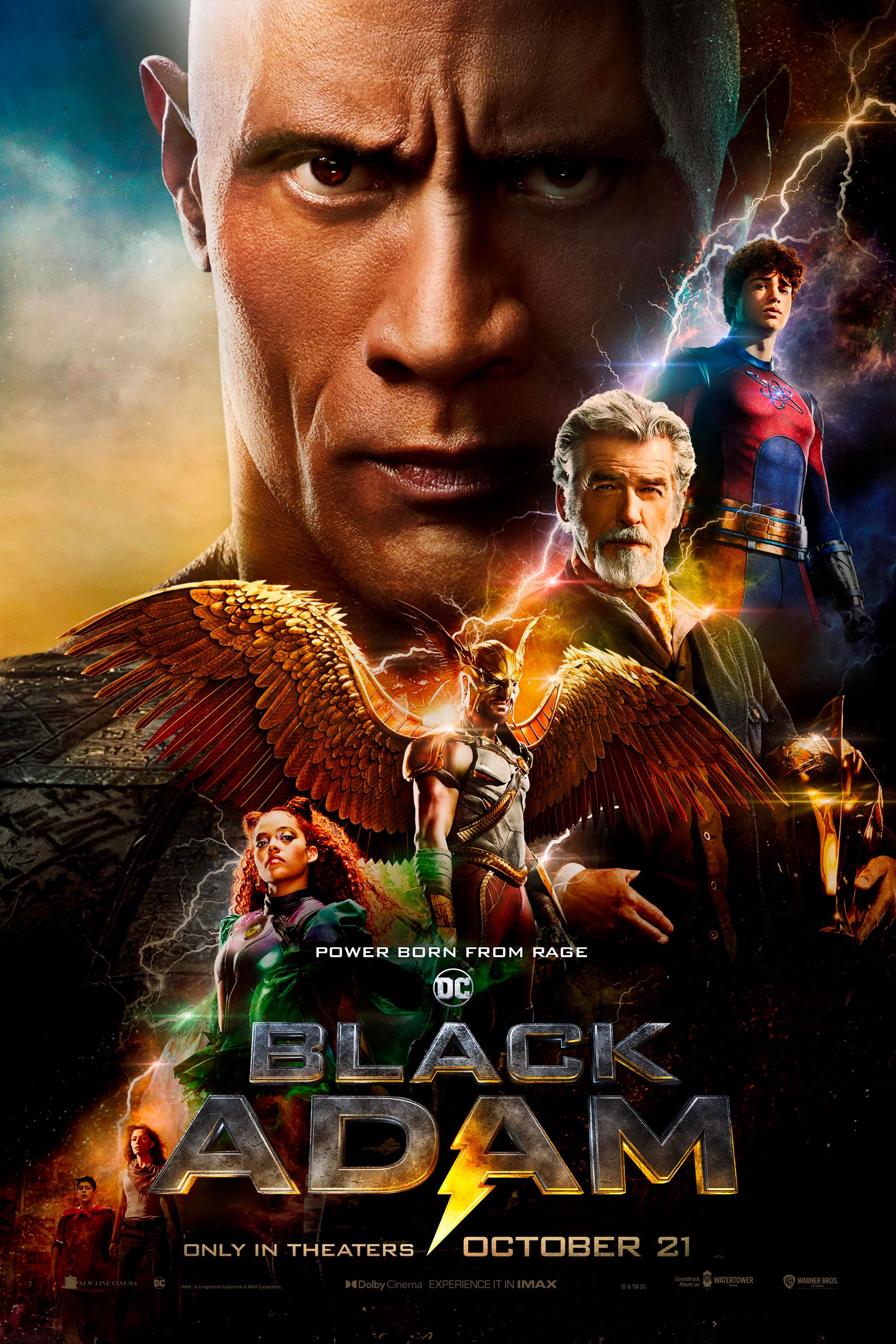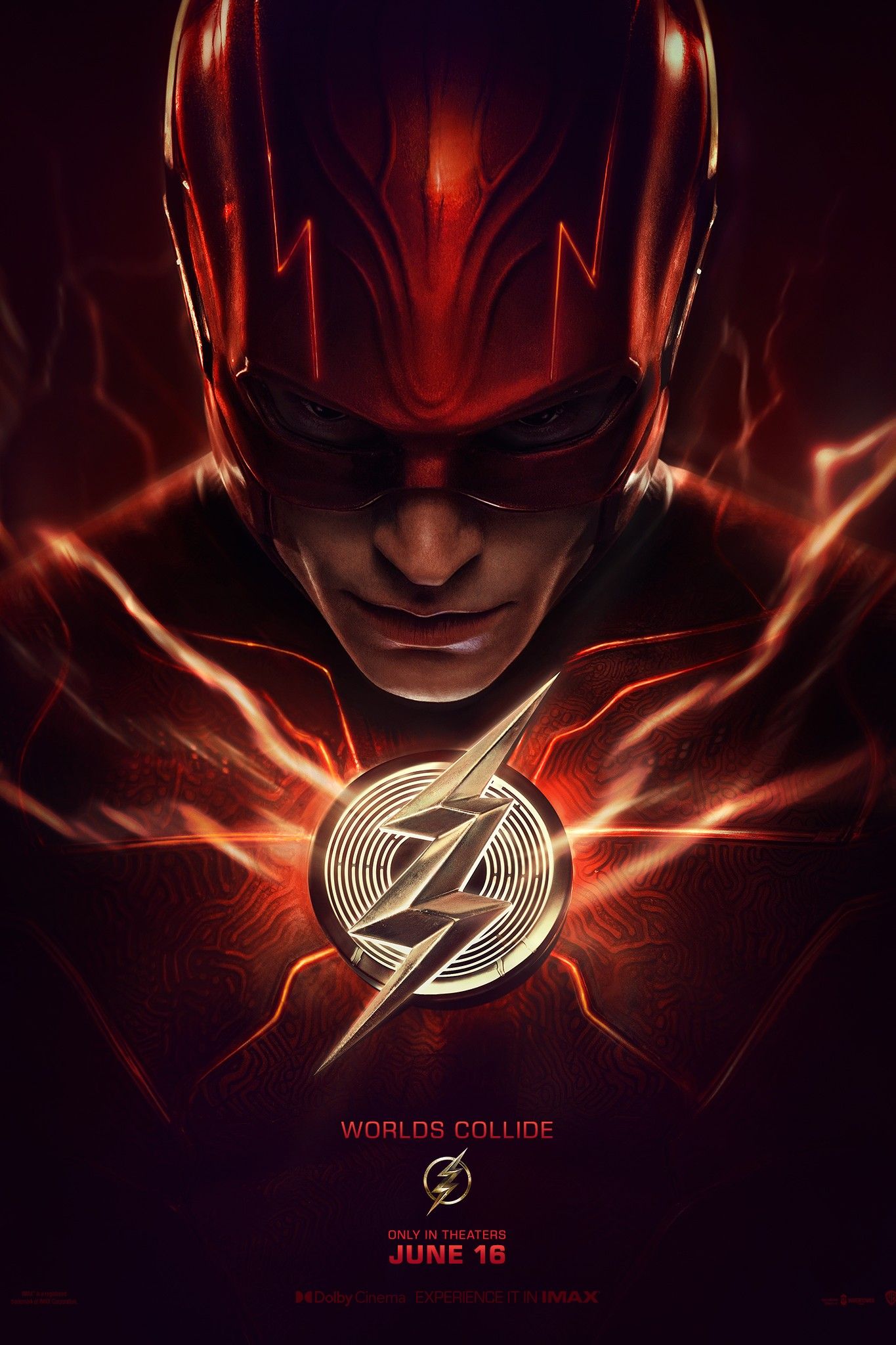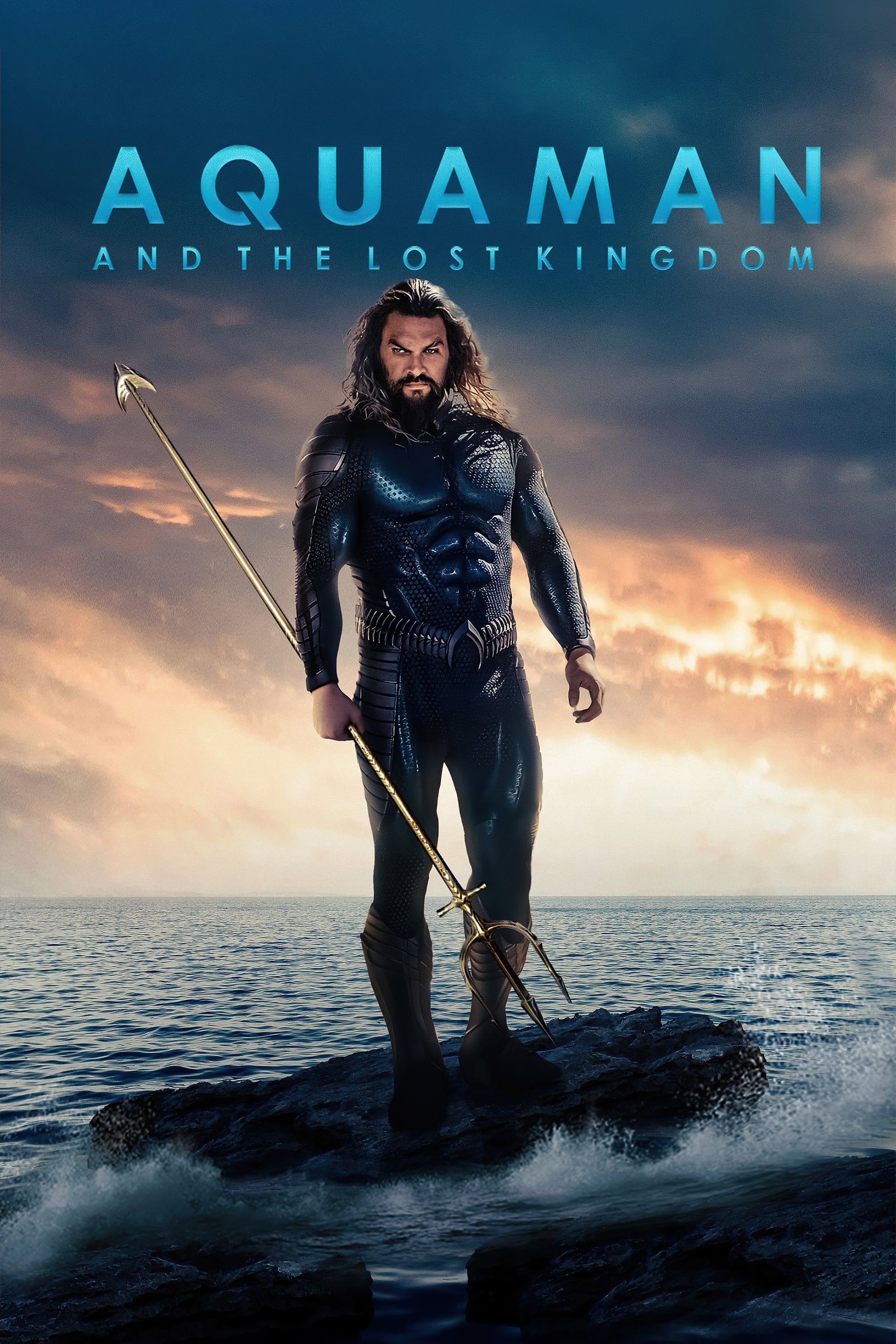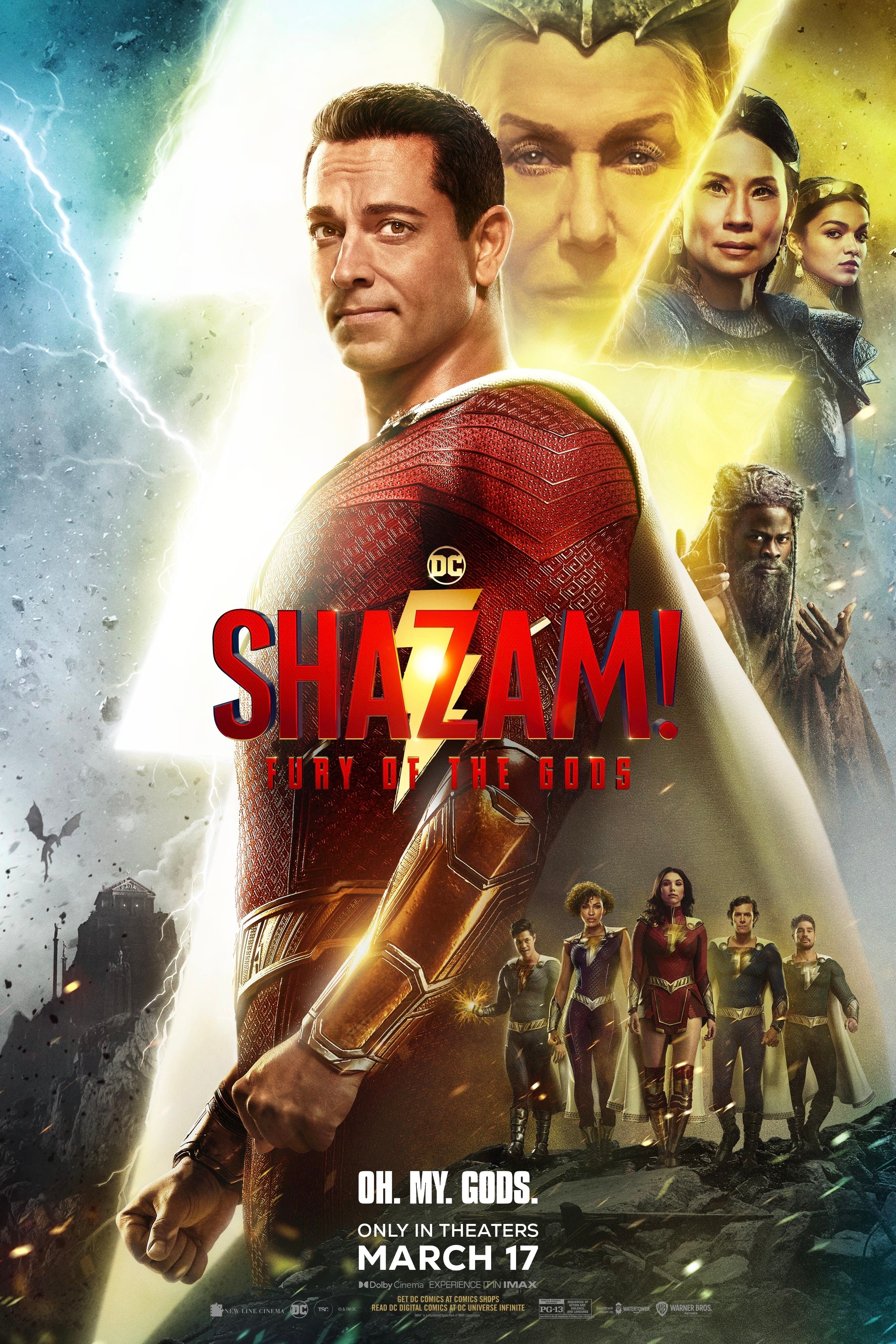Warner Bros. is turning the DCEU's Multiverse from an exciting storytelling concept into a haphazard, needlessly convoluted plot gimmick. Since 2020, the idea of the Multiverse has been at the center of all things DC in both movies and television, first getting rolling with the Crisis On Infinite Earths miniseries on The CW before getting extra seasoning with the release of Zack Snyder's Justice League. This elated many fans with the possibilities of older DC properties being revived, modern ones going in unexpected directions, or the crossover potential that anything with the DC label now brought with it.
Unfortunately, a number of recent decisions and comments made in the press by Warner Bros. executives have begun to erode that excitement, which threatens to undo the goodwill they've built up by introducing the Multiverse in the first place. That latter point is especially pertinent, given how much the concept of a Multiverse has bailed the DCEU out of a number of decisions (particularly on the 2017 theatrical version of Justice League) that came close to ending it. In comments made in advance of the release of the Snyder Cut and a recent interview with Warner Bros. CEO Ann Sarnoff, the studio's stance on the Multiverse has begun to devolve into vague generalities about a plan they have yet to provide any real clarity on.
With excitement for the future of the DCEU at an all-time high, the Multiverse was a key tool in unshackling filmmakers and getting DC films out of the rut they'd fallen into. With Warner Bros. latest decisions, the studio could end up killing that excitement by turning the Multiverse into little more than a plot device that simply cuts the legs out from under everything it was intended to build.
The Multiverse Is A Reaction To Broken DCEU Continuity
As with much of the DCEU's current state of affairs, the Multiverse is a byproduct of the disastrous theatrical release of Justice League. Arriving in theaters as a stitched together collage of reshoots with portions of Snyder's original footage, the fallout from the film's theatrical failure had a devasting impact on the entire franchise. Ben Affleck soon departed as Batman, numerous films were delayed or scrapped, and only Gal Gadot and Jason Momoa were spared the purgatory most of the film's cast fell into regarding their respective roles. Affleck had earlier stepped down from directing The Batman, with Matt Reeves subsequently stepping into the driver's seat, and from there, everything continued to change.
Robert Pattinson will assume the title role for The Batman, with the film itself severing all connective ties with the DCEU continuity. Todd Phillips' Joker also stood on its own as a one-off story, and while post-Justice League movies like Aquaman, and Birds of Prey referenced events in past DCEU movies to varying degrees, none were taking the franchise into any sort of culminating direction. Despite the films themselves being well-received, with both Aquaman and Joker soaring past $1 billion worldwide, after Justice League, the DCEU was essentially drifting along with concerns over continuity or a storytelling roadmap being mostly ambiguous. It was only through the introduction of the Multiverse that it began to evolve into something new.
The Arrowverse And The Snyder Cut Already Established The Multiverse
The idea of a DC Multiverse was fittingly brought about through The CW's Crisis On Infinite Earths crossover, which pulled in cast members, easter eggs, and references to every DC movie or TV show it could possibly get its hands on. Brandon Routh was able to don Superman's cape once more, while even Ezra Miller's Flash would meet Grant Gustin's version in the crossover's most unexpected twist. Over the course of five episodes, Crisis On Infinite Earths restructured the entire canon of DC movies and television to effectively include everything, with all now existing side-by-side on a collection of endless Earths.
The Snyder Cut also furthered DC's Multiverse in a more offhanded way. Following a long push by fans after the release of the theatrical version, the Snyder Cut of Justice League was released on HBO Max on March 18th, 2021. The movie includes references both to Apokolips existing in another universe, along with Steppenwolf explicitly using the term Multiverse in reference to the scope of Darkseid's plan that "All of existence shall be mine." The movie also showed Barry Allen utilizing his time-travel powers and referencing the Speed Force, key elements in his ability to travel throughout the Multiverse. Between Crisis On Infinite Earths and the Snyder Cut, DC was given free rein like never before both in cinematic and televised form.
Audiences Are Excited About The Multiverse's Potential
The concept of DC as a Multiverse was one of the big topics of DC FanDome, which itself shot excitement for what the Multiverse had to offer through the roof. The Flash movie, which had been trapped in development hell for years, took on new life with the addition of Michael Keaton along with the return of Affleck. Both will portray their respective versions of Batman in the movie's Flashpoint-inspired story that will dive even further into the Multiverse. With all of this, the production woes the DCEU was once plagued with now not only seemed gone forever but the possibilities that could come out of DC as a Multiverse were unheard of.
Brandon Routh's Superman tenure seemed to be a one-and-done following Superman Returns, but after his Crisis On Infinite Earths appearance, enthusiasm swiftly emerged for him to return again in a Superman HBO Max series, which now could be done without overriding Henry Cavill or Tyler Hoechlin on The CW's Superman & Lois. Likewise, Keaton's return as Batman in The Flash opened the genuine possibility his Caped Crusader could be seen once more in an adaptation of Batman Beyond. With the Multiverse comprising literally Infinite Earths, there could now be multiple different continuities running in both movies and on TV at the same time, with none canceling the others out. Best of all, the filmmakers involved now had more creative freedom than ever, with no one reality of the Multiverse needing to be singularly catered to. Unfortunately, the latest comments made by Warner Bros. could severely hamper those possibilities.
All Of WB's Multiverse Ideas Are Cheap Plot Devices
Since launching the Multiverse in 2020, Warner Bros. seems to be undercutting the entire notion of it. Both prior to and since the release of Zack Snyder's Justice League, they have repeatedly shut down the notion of finishing up Snyder's planned five-movie arc, along with declaring that David Ayer's original cut of Suicide Squad has no release forthcoming. The recent cancellation of Ava Duvernay's New Gods and The Trench spin-off from Aquaman also highlighted how many in-development DC movies have yet to actually be realized, with everything from Nightwing to Plastic Man never getting any traction after being announced.
Furthermore, rumors have emerged that Warner Bros. real goal with the Multiverse is to phase out the SnyderVerse and Affleck's Batman. That's certainly puzzling in light of the popularity the Snyder Cut has seen since its release and the frequency with which #RestoreTheSnyderVerse has trended on social media, even clearing one million tweets in a single day. Moreover, the removal of Ray Fisher from The Flash movie, following his public battle with Warner Bros. over the investigation into the Justice League reshoots, also continues to loom over the promise the Scarlet Speedster's movie had finally built up.
The real problem seems to be that Warner Bros. is hoping to utilize the Multiverse in a way that's both counterintuitive and counterproductive. By bringing the Multiverse into play through Crisis On Infinite Earths, DC movie and TV reboots were replaced with parallel realities existing alongside each other, with the filmmakers involved now having much more freedom and the possibility of crossovers always on the table. The whole point is that no one DC property now has to overshadow another, yet Warner Bros. comments of the Snyder Cut being a "storytelling cul-de-sac" or some perplexing fingerpointing that has arisen towards it as the reason for New Gods cancellation shows the studio is picking and choosing among different corners of DC's Multiverse - the very opposite of what entire concept of "Infinite Earths" implies.
DC expanding in an all-encompassing film and TV Multiverse set the brand through the roof like never before, and in the process gave the DCEU a second chance. Nevertheless, that resurrection could now be in danger of being deflated altogether if the Multiverse turns into little more than a way to play favorites among DCEU movies, as Warner Bros. recent activity suggests. After over a year's worth of excitement and anticipation, the studio could end up shutting more doors of the Multiverse than they open if the studio continues down its present path.

